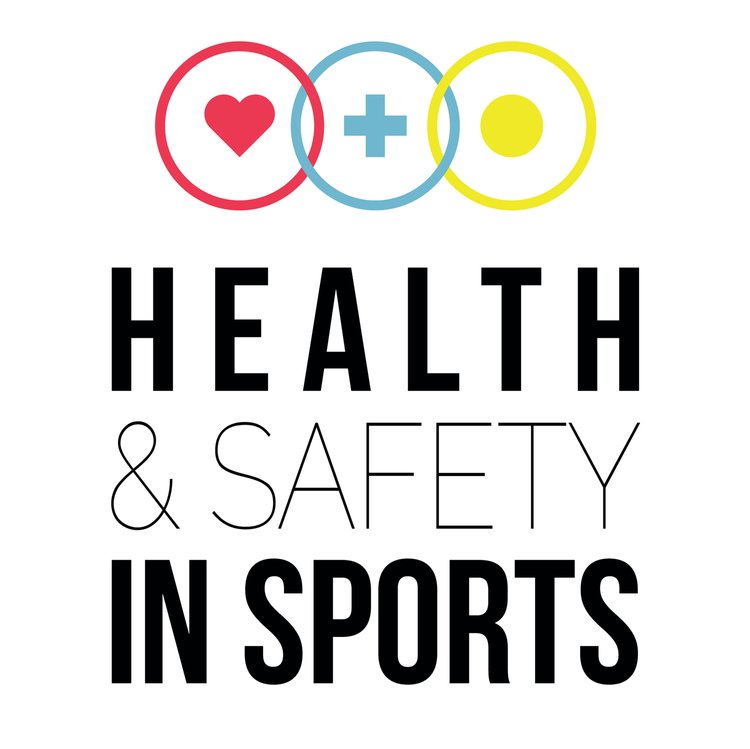PROJECT PARTNERS
Section Sports Medicine, University of Pretoria (Prof. Christa Janse van Rensburg)
South African Rugby Legends Association (SARLA)
South African Rugby Union (SARU)
FUNDING
Department of Orthopedic Surgery, Amsterdam UMC
World Rugby
BACKGROUND
Transitioning out of professional sport is not easy and during that process, athletes might face several challenges such as adjusting to a new life and lifestyle, being suddenly ‘like everyone else’ or missing the sport atmosphere and competition. Retired professional athletes might also face health conditions affecting various domains (e.g., musculoskeletal, psychological, cardiovascular, neurocognitive).
As high-speed collision sport, rugby union (hereinafter ‘rugby’) has been associated with post-career health risks, especially osteoarthritis, mental health symptoms and neurocognitive deficits. Despite these health conditions likely to occur after retiring from professional rugby, support measures remain lacking. Accordingly, an After Rugby Career Consultation was developed as a transitioning health examination to empower the sustainable health and quality of life of retired professional rugby players. Being implemented globally in professional football, such an approach is likely to be of added value in professional rugby.
OBJECTIVES
The overall aim of this PhD research project is to evaluate the feasibility of the After Rugby Career Consultation in South African professional rugby. Specifically, (i) epidemiological evidence regarding the occurrence of health conditions (e.g., musculoskeletal, cardiovascular, neurocognitive, psychological) among retired professional rugby players is gathered, (ii) the feasibility of the After Rugby Career Consultation among male South African retired professional rugby players is evaluated, and (iii) the view and experience of South African retired male professional rugby players and physicians about the After Rugby Career Consultation is captured and potential additional supportive strategies explored.



